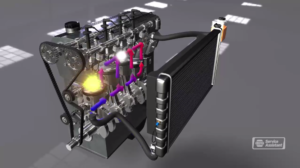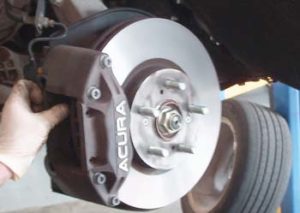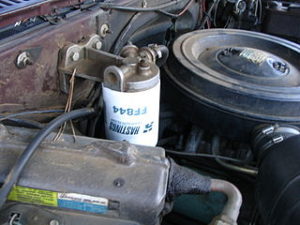- Schedule Your Appointment Now
- (602) 461-7172
Signs ‘n Sounds: When to Get Repairs and Check-Ups
8 Most Common Auto Repairs
December 15, 2016As you might’ve guessed, our tip of the day is to listen to your car for any sounds that seem out of the ordinary.
The sounds your car makes can actually tell you a lot of things, mainly whether or not it’s in good shape. It’s a fairly reliable way of determining if you need to get service or repair for your vehicle.
Today, we’ll brief you on some of the most common types of sounds your car can make, what part is making it, and what kind of service you should get.
Hissing Sounds from the Engine

If it’s a leak in the vacuum hose then it indicates a damaged engine as well as a decrease in fuel efficiency and ease of driving. If it’s coolant leaking from the cooling system, then you run the risk of overheating and severely damaging your car.
It’s better to be sure of you and your car’s safety, so you should get your engine checked soon if you begin hearing these hissing sounds.
Squeaking and Grinding Brakes

However, they can be a sign that something’s up with your brake pads and rotor. After all, most brakes are designed to make sounds like that as an indication that it needs to be checked and replaced. It is advisable to get your brakes checked and see if you need our brake repair service.
Brakes are one of the most important safety components of your car, so you should get them checked if you hear this sound frequently.
Grinding or metallic scraping sounds, on the other hand, are a sure sign of aging and brake issues. If you hear these sounds, your brakes and rotors need to be checked and replaced as soon as possible.
Clicking Tires
A clicking sound can be caused by several things. It could be a sign that something is stuck in your tire. Unless the foreign object is easy to dislodge, you probably shouldn’t take it out on your own. Other options are to change your tires or have the object removed.
Clicking sounds can also point towards a problem with the axles or the axle’s joints— mainly, the universal joints and CV (constant velocity) joints. Your wheels won’t function well if there is a failure in any of the two joints, and replacement of joints will be needed.
Noises Under the Hood
Clicking noises under the car shouldn’t be a cause for concern at all, and can be easily stopped by using motor oil on the engine.

Next up are clattering sounds. These can mean that the engine’s valves are loose, or indicate the need for an oil change.
A flapping or squealing sound may tell you that your serpentine belt is falling apart and needs immediate repair or replacement.
Bubbling noises mean there is air trapped inside the vehicle’s fluids, most commonly the coolant. It can also mean you are running low on the said coolant due to leaking, causing more air bubbles to form. This may cause your car to overheat, so you should get it repaired as soon as possible.
It’s a good practice to listen carefully if your car makes any of these noises, for your own safety and your vehicle’s health. So the next time you hear a clunk, clatter, or rattle, you can consult Mikes Tech Transmission for your auto repair needs.

